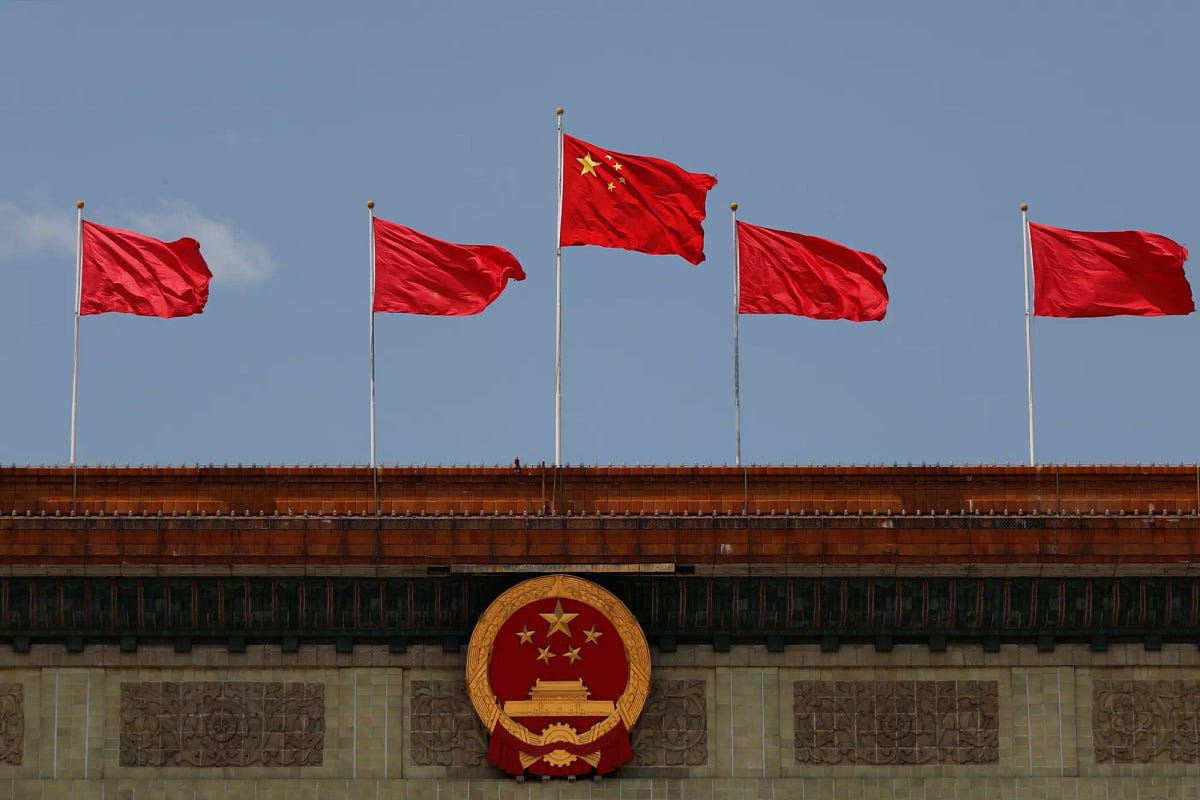I haven’t paid close attention to tech conferences’ moods for a while. When I switched back on, I got taken aback by how much the information agenda changed. Never have I ever heard that much politics in what used to be the realm of engineers and pure technology
excitement.

(Francis Haugen at Web Summit photo by Reuters)
Hate for Facebook (sorry, Meta) seems to be the theme of EU-based
Web Summit Lisbon this year, with the climate crisis, sustainability, decentralization overshadowed. Facebook whistleblower Francis Hagen had the honor to open up the conference and
a couple more speaking slots.
Francis, ex-employee,
became famous by leaking internal company documents to journalists and lawmakers, testifying in front of the US Congress, and slashing the logic for content algorithms. Moreover, the Facebook (Meta) speaker slot was right next to the journalist criticizing
the company, and the questions about Metaverse were nowhere neutral.
They said that Facebook (Meta) loses the trust of the public and governments around the world. Big Tech like
Facebook should behave responsibly and should not make business-driven decisions. ‘Facebook should be democratized’ - to cite one of the speakers.

(photo by Reuters)
That is eerily similar to what Chinese regulators tell their tech giants. This year Chinese internet faced
major distress when all Big Tech from Alibaba to ByteDance were fined or broken down to pieces. New
cyber sovereignty laws rid chaos leading major international companies out of the market, and crypto got
declared illegal. Pressure to ‘behave responsibly and in a sustainable manner’ coming from regulators does not seem exclusive to democracies.
This year’s theme of the Singapore
SFF conference was Web 3.0, a general term to describe the next stage of the internet evolution.That Internet is based on decentralization, smart contracts, consists of multiple metaverses, crypto transactions, CBDCs, and NFTs. All those are exciting technological
developments, indeed.

(photo by Jeremy Bezanger from unsplash.com)
Yet every single conversation touched on how technology meets harsh reality. Decentralization and
exponential growth of the users in a decentralized economy (1 bln next year, as predicted by crypto.com) happen alongside countries
putting up the digital borders. Crypto markets move into the DeFi while governments are testing CeFi CBDCs. Cross-border transactions aim to move away from the antique banking rails, while every country strengthens its cross-border rules, demanding international
businesses to go local in every country.
Trust, sustainability & responsibility. These were the keywords of the day in any tech conference. People do not trust tech companies with their private data yet cannot imagine their lives without them. Governments do not trust tech companies
with their power yet need to use their achievements to live and prosper. Countries do not trust each other, yet their economies intertwine on all levels. Regulators do not trust decentralized markets but are afraid to miss out.
It seems to me that we are witnessing a major change right now. Regulators in every country are faced with rapidly evolving digital business models and try take up to the challenge of adaptation.
The division between old internet and new internet lies there. If earlier stages of internet development are marked by technology disruption and adoption, change to web 3.0 is more about political, regulatory, and ethical issues being resolved.